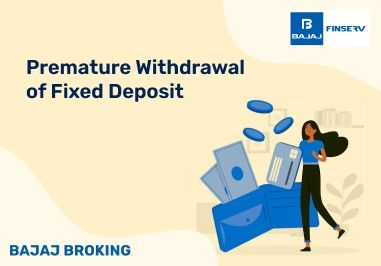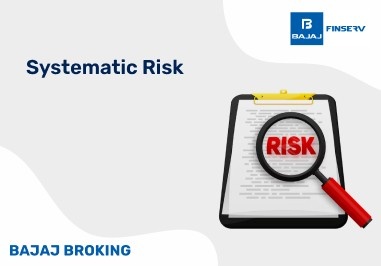What exactly is the stock market, and how does it work?
- Answer Field
-
The stock market is a platform where investors buy and sell shares of publicly traded companies. It operates through stock exchanges, where supply and demand for securities determine prices.













